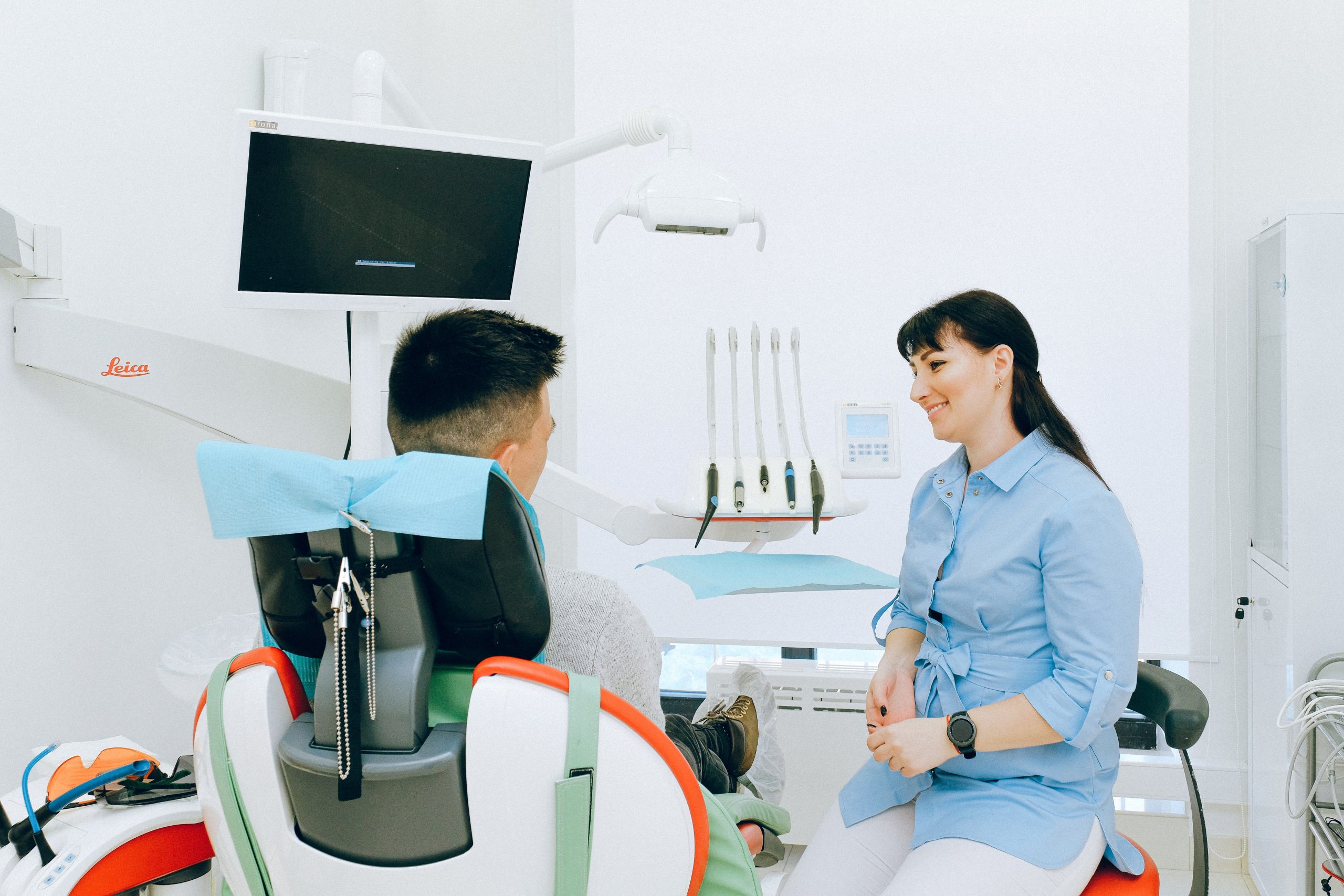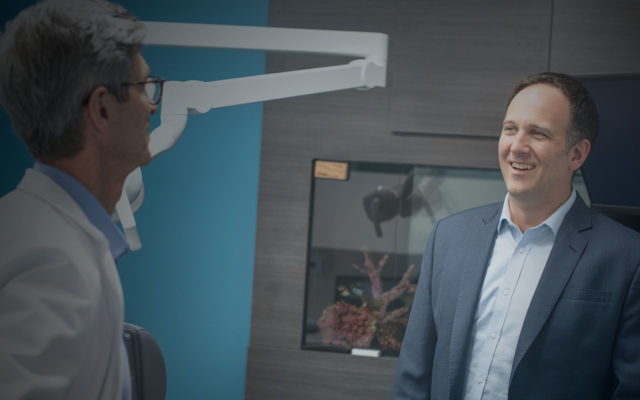Pound for pound, the due diligence process is one of the most important pieces when buying a dental practice.
Due diligence is critical as it allows the buying dentist to fully examine the seller’s practice and validate the facts provided by the seller.
The due diligence process begins when you receive initial information regarding the practice you’re acquiring and continues until After the LOI is signed, there’s a 3-4 week due diligence period, with most transactions closing 3-4 weeks later with an Asset Purchase Agreement.
There are several areas for buyers to focus their attention during the due diligence process:
Dental Practice Financials
As the buyer of a dental practice, you’ll want to know upfront if the practice is financially healthy. The last thing you want to do is purchase a dental practice that has inconsistent cashflow and poor financial performance. You’ll review items like office leases, accounts receivables, aging A/R summaries, production by provider reports, category and procedure code reports, five years of profit and loss statements, and practice tax returns. You’ll also review payroll reports, staff compensation, etc.
Dental Practice Visit
The visit happens at the same time as meeting the seller, and once you’ve reviewed the financials, it’s important to visit the actual office location to gauge the culture and physical property. Culture and environment are important to learn about because you want to acquire a dental practice that aligns with your values and goals. This visit will flush out any concerns as a part of that. Practice visits are a great way to evaluate location, facility, equipment, and décor. This is a perfect time for you to ask any and all questions about the dental practice.
Meet the Practice Seller
Once you’ve reviewed the practice financials and visited the physical office(s), it’s important you get to know the seller. It’s here that you can observe the seller’s personality, discuss the seller’s practice philosophy, and ask questions like why the seller is selling the practice. Again, it is really important that the practice culture is in alignment with your goals and this step can reveal whether or not you feel that the acquisition is a good fit for you.
Chart Audit, Practice Management Software, and Appointment Flow
As the buyer of a dental practice, you’ll want to see samples of active patient charts, review the seller’s notes, practice philosophy, and the treatments being provided. You’ll want to review how it compares with other practices in the market and verify information provided by the seller or broker to identify the strengths and weaknesses of the practice. You’ll also need to review things like the seller’s appointment booking process or software to gain insight into the seller’s workflow, historical appointment trends, and if they’re leveraging software for growth or not.
Cash Flow Analysis
Ideally, you’ll want to know what the cash flow looks like before your acquisition journey takes you too far down the road of buying something that’s not solvent. A cash flow analysis should confirm whether the dental practice generates sufficient cash flow to pay the overhead of the practice and service any debt. A cash flow analysis is hands down one of the most important pieces because it will show you the overall health of the practice, the value of the leasehold improvements/equipment, the future earning potential of the practice, and how ongoing expenses impact profitability. You’ll want to pay close attention to things like office rent, staff payroll costs, dental supplies, lab expenses, and advertising. Maintenance contracts, equipment leases, and warranties all impact cash flow and you’ll need to know how this impacts you and your purchase.
At JW Practice Advisory, we help dentists sell and buy their practices. Contact us to learn more about selling your dental practice.


 This is some text about the listing. Here’s the story behind it that numbers don’t tell. One more sentence of description so that it is a reasonable length.
This is some text about the listing. Here’s the story behind it that numbers don’t tell. One more sentence of description so that it is a reasonable length. This is some text about the listing. Here’s the story behind it that numbers don’t tell. One more sentence of description so that it is a reasonable length.
This is some text about the listing. Here’s the story behind it that numbers don’t tell. One more sentence of description so that it is a reasonable length.